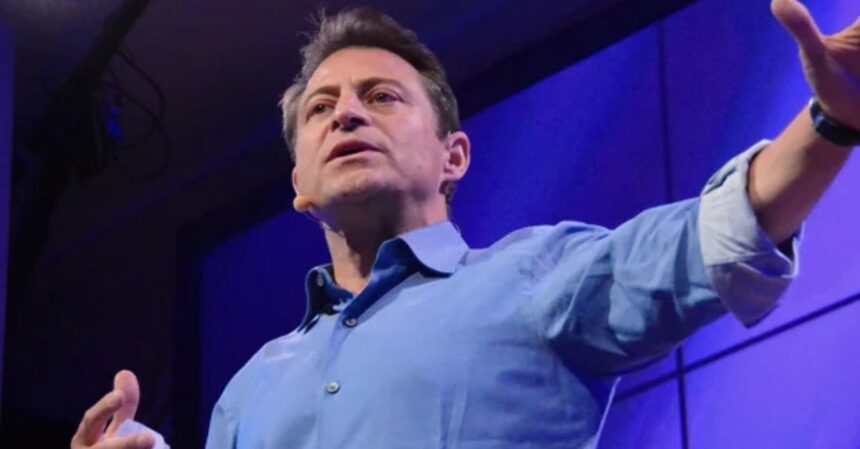Entrepreneur and futurist Peter Diamandis raised concerns about the growing reliance of university students on artificial intelligence for complex thinking tasks, warning that misuse could undermine critical thinking skills essential for future leaders.
“Anthropic proved that many university students are delegating deep thinking and creative skills to AI. As a parent, it’s important to remind our kids AI is meant to augment our critical thinking skills, not replace them. A balance is important here,” said Diamandis in a post on X.
Diamandis referenced findings from the Anthropic Education Report, which analyzed roughly one million anonymized conversations from Claude.ai accounts linked to higher education email addresses. After narrowing the sample to education-related interactions, the researchers studied 574,740 conversations to understand how students were using AI.
According to the report, the largest portion of use cases—39.3%—involved students creating or refining educational content. This included writing practice questions, summarizing academic materials, and editing essays. Another 33.5% of conversations involved students asking Claude for technical explanations or assistance with academic tasks, such as debugging code or solving math problems.
The report also revealed that Computer Science students accounted for 38.6% of all conversations, despite representing only about 5.4% of U.S. bachelor’s degrees, suggesting a heavy concentration of AI use in technical fields.
In response to concerns about over-reliance, Anthropic introduced Claude for Education, a version of their AI system that uses Socratic questioning to encourage students to think more critically rather than simply receiving answers.
Diamandis urged parents and educators to frame AI as a tool for enhancement, not substitution. “Their pessimism doesn’t mean you can’t do it,” he added, warning that reliance without critical engagement risks eroding the very skills AI is meant to support.
Peter Diamandis is the founder and executive chairman of the XPRIZE Foundation and executive founder of Singularity University. He is a physician, entrepreneur, and bestselling author focused on advancing human longevity, innovation, and the positive use of exponential technologies.

